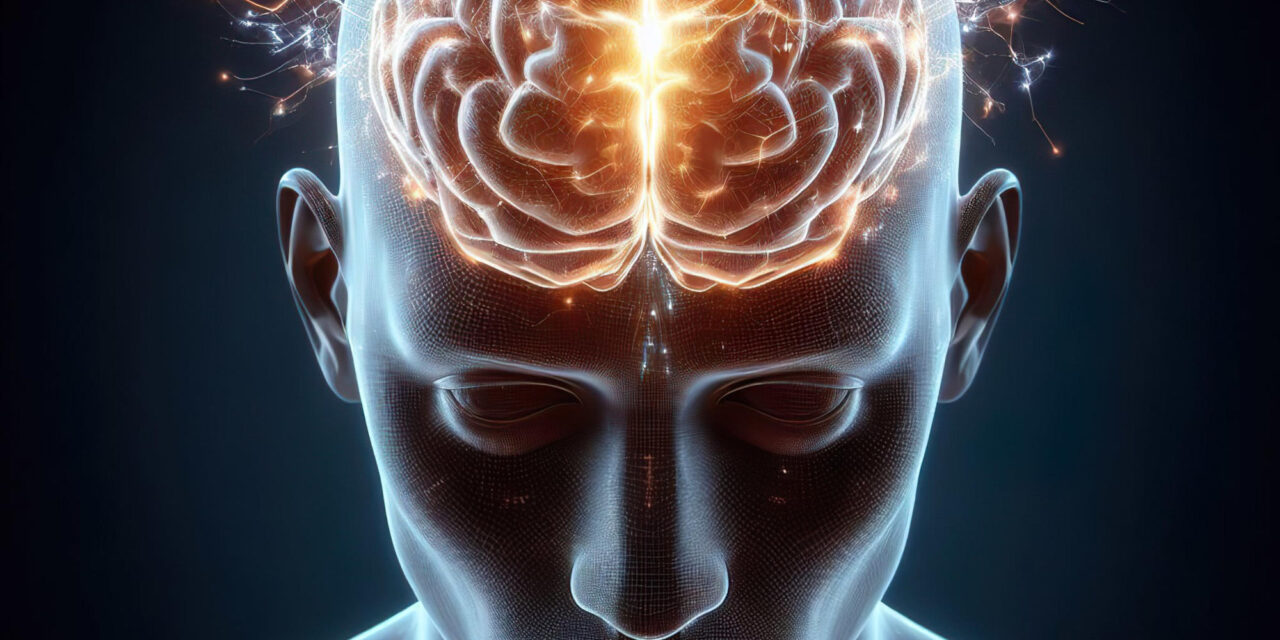A new study from Northwestern University and Shirley Ryan AbilityLab has identified the brain networks that influence political passion. The research, published recently, reveals that damage to specific areas of the brain can alter a person’s level of political engagement.
The study found that damage to the prefrontal cortex, which is responsible for cognitive control and reasoning, can lead to an increase in the intensity of political feelings. Conversely, damage to the amygdala, a brain structure involved in emotional processing, was found to decrease political intensity. These findings remained consistent even when accounting for factors such as age, education, party affiliation, personality traits, and other neuropsychiatric symptoms.
Jordan Grafman, professor of physical medicine and rehabilitation at Northwestern University Feinberg School of Medicine and director of brain injury research at Shirley Ryan AbilityLab, noted that while most people have not experienced brain injuries similar to those of the veterans in the study, the findings offer insights into the neural circuits at play in the broader population.
The researchers clarified that they did not find brain networks specifically linked to liberal or conservative ideologies. Instead, they identified circuits that influence the intensity of political engagement across the political spectrum. This suggests that emotions play a significant role in shaping how pre-existing political beliefs are expressed, rather than determining ideology itself.
Grafman suggests that recognizing these brain mechanisms could help people engage in more productive political discourse. Strategies could include reducing emotional attachment during interactions or taking the perspective of an adversary in a discussion. The findings also have clinical implications, suggesting that neuropsychiatric assessments should include questions about changes in political behavior following brain injuries.
The study involved Vietnam veterans with and without brain injuries, as part of the Vietnam Head Injury Study. The participants underwent extensive behavioral questioning between 2008 and 2012, roughly 40 to 45 years after their injuries, to assess their political beliefs and intensity of feelings. The study included 124 veterans with penetrating head trauma and 35 combat-exposed control participants without brain injuries.
Researchers used lesion network mapping to map the veterans’ brain lesions and analyzed the link between specific brain networks and political beliefs based on behavioral data. Grafman, who has also studied the biological and cognitive underpinnings of religious fundamentalism, believes that understanding the brain’s role in shaping beliefs can improve assessments of meaningful aspects of life for both patients and healthy individuals and assist patients in recovering from brain injuries.Disclaimer:This article is for informational purposes only and does not provide medical advice. Consult with a qualified healthcare professional for any health concerns or before making any decisions related to your health or treatment.*
Citations:
[1] https://www.hindustantimes.com/lifestyle/health/study-reveals-brain-networks-that-shape-political-engagement-and-passion-101743950374034.html












